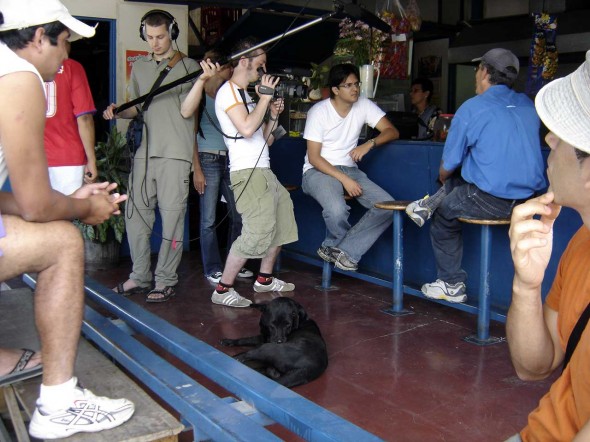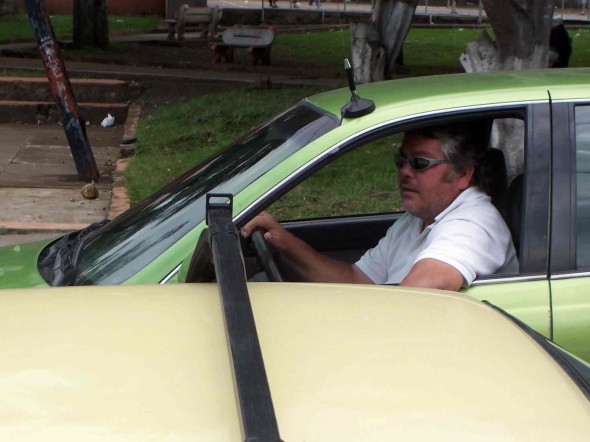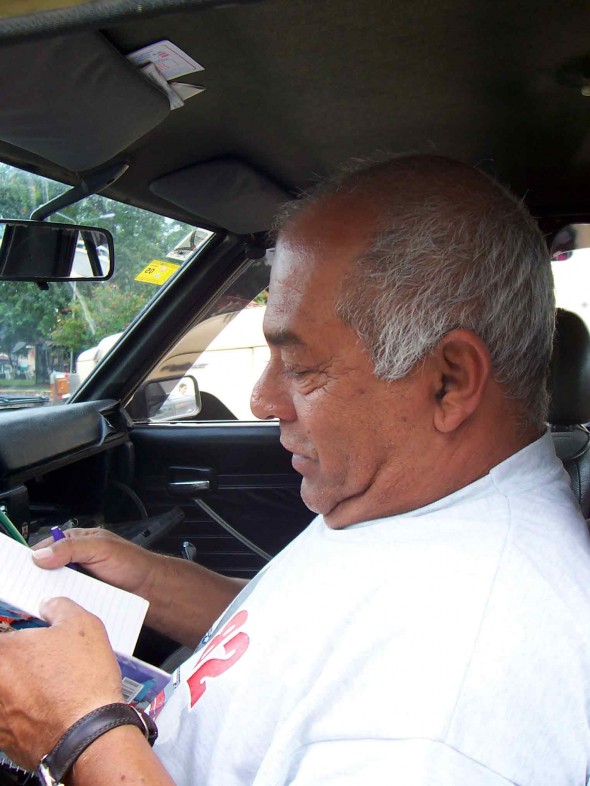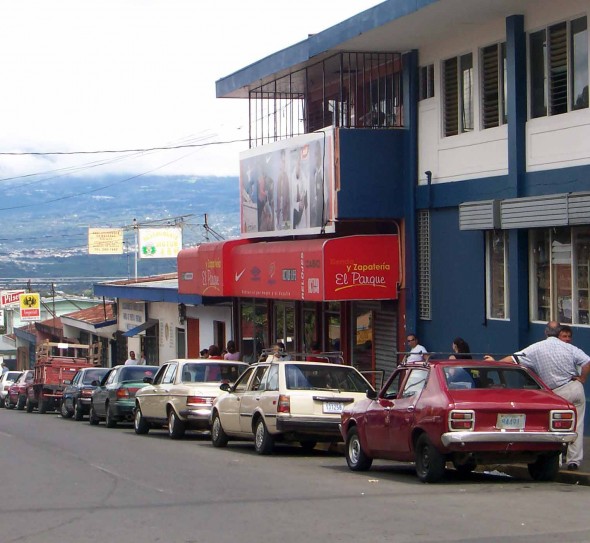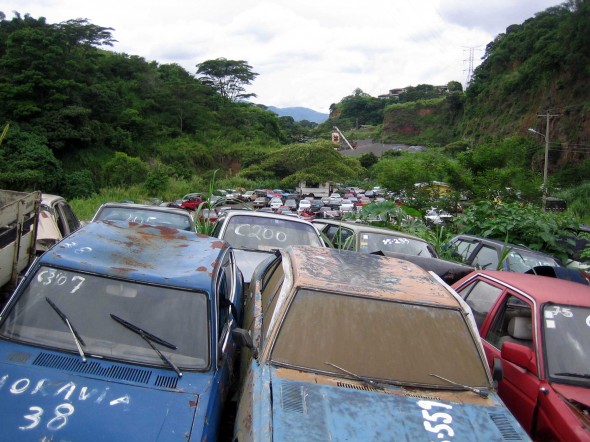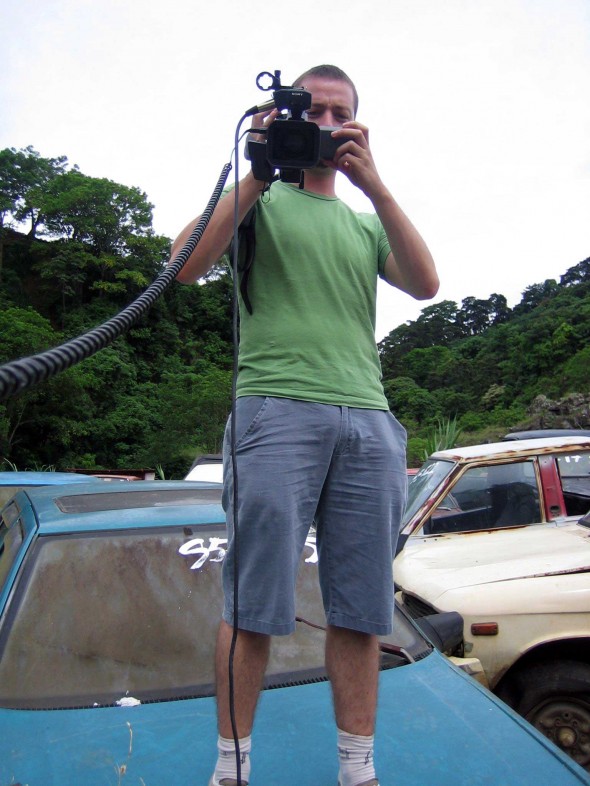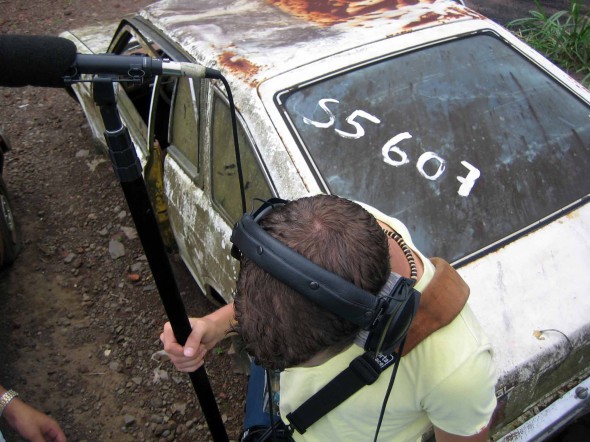PIRATAS
Necessity is the mother of invention. In Escazú, a suburb in Costa Rica, that is the daily story of retired heads of families, women, former government employees, and elderly people, who have created their own characters behind a steering wheel. “The PIRATAS”, as unlicensed taxi drivers are referred to in Costa Rica, now represent an ever-increasing group, totaling more than 600 in Escazú alone. When life starts sliding downhill people start reinventing themselves for survival. PIRATAS is a story about that reinvention and the daily struggle to secure an income in an increasingly precarious labor landscape.
PIRATAS was born out of intellectual curiosity. Every few weeks a new wave of unlicensed taxi drivers made their way into the plazas and parks of my home town. First they were independent drivers providing a taxi service and later they began organizing in bases, parking lots where they waited for a call channel by dispatcher some where in town. Quickly they had developed a network of PIRATAS with walkie-talkies, business cards and identification numbers.
During the late 1980’s and early 1990’s, Costa Rica implemented a series of policies aimed at satisfying the demands of the structural adjustment programs. In what came to be known as conditionalities, the World Bank and the International Monetary Fund conditioned credit to developing countries to the reduction of the size of central government through deregulation and privatization of state-owned industries among other actions. This resulted in important layoffs over a number of years where many public employees found themselves with a severance check and few opportunities to find future employment.
Many of these former public employees opted to open up small business, however, with inadequate or non-existent financial support and little business experience, their enterprises were usually short-lived. Many of them quickly joined the growing number of people engrossing the Costa Rican informal economy. PIRATAS delves into this scenario, focusing on the lives of two unlicensed taxi drivers to learn how a perceived fiscal solution turned into a unstable labor market, traffic congestions, pollution and the de facto occupation of public spaces. At the same time, in many local communities, the PIRATAS serve as an important alternative to inefficient transportation and are perceived as trustworthy since they belong to the same communities they serve.
Piratas operate in a gray area, which has allowed a conflict to ensue with the Costa Rican traffic police resulting in cars usually being confiscated.
